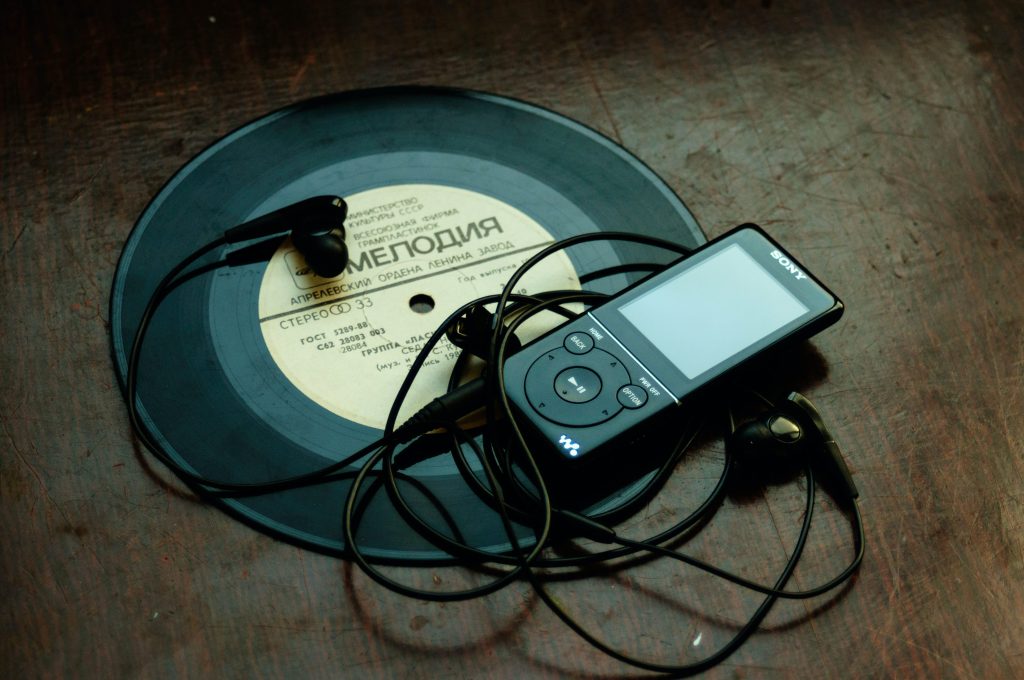
There’s a shared feeling amongst women of having something in your chest ready to burst, a rage or emotion so strong and yet so strictly controlled. Often expressing anger, sadness, frustration and even happiness is frowned upon. Artists like indie-rock singer/songwriter Mitski Miyawaki put poetry to this feeling, this quiet desperation, so no wonder she has gained quite the following among women.
Playlists on Spotify and YouTube entitled ‘In this life, it’s just you and Japanese-American singer Mitski against the world’ exist for a reason. As a woman, listening to Mitski is a self-reflective emotional experience that will devastate and console you at the same time. She approaches and explores all aspects of what it means to be a woman in the 21st century with a unique musical sound. ‘Class of 2013,’ describes the tangle of emotions we feel towards our mothers, and the almost reluctant way we continue to depend on them. ‘First Love / Late Spring’ reveals the way that sexualising and putting pressure on young girls makes them feel like they are ‘becoming women’ in their teenage years, and the effect that this can have later on in life: ‘I was so young / when I behaved / twenty-five / yet now I find / I’ve grown into / a tall child.’
The feeling of not being enough for someone is a topic which resonates through Mitski’s music. Her most famous song, ‘Nobody,’ talks about the self-destructive tendency to have sex with or seek comfort from people who aren’t truly interested in you in an attempt to fill a void left by your emotional needs: ‘I don’t want your pity / I just want somebody near me.’ The song also broaches the subject of body image and expectations – ‘I’ve been big and small / and big and small / and big and small again / and still nobody wants me / still nobody wants me.’ At the end of the song, Mitski cries the words ‘nobody’ over and over again and ‘why not me?’ at the end of ‘Washing Machine Heart,’ a song which cries for help against the feeling of never being enough.
‘Your Best American Girl’ goes further into this feeling, taking into account the struggles for women of colour who don’t fit the white western standard of beauty. Yet they are expected to change their entire selves and culture to be ‘the best American girl.’ It delves into Mitski’s Japanese heritage by talking about how her mother’s parenting techniques might be judged by white American mothers, but regardless of this judgement, Mitski ‘finally’ approves of the way her mother raised her.The difficulties in understanding one’s own place as a woman in a world that floods us with mixed messages and strict expectations, while imploring us to be independent and always in control will inevitably be reflected in the art we create. Modern media has increasingly welcomed this new wave of women telling their own stories, and artists like Mitski continue to explore the female experience through their work, something which is perhaps best summed up in the one line of Japanese in ‘First Love / Late Spring’ – 胸がはち切れそうで. My heart seems like it’s going to burst.
